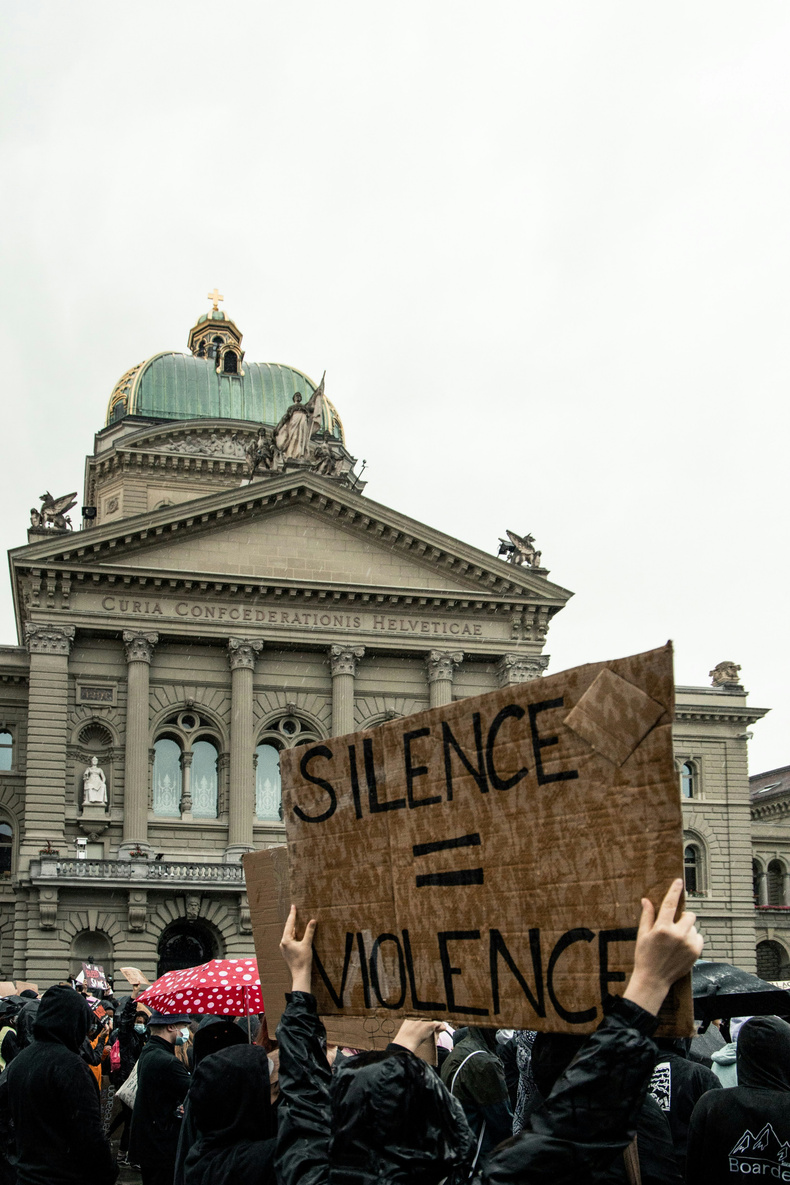Myth Busters: Common misconceptions about domestic violence

Written by at Anawim- Birmingham’s Centre for Women
October is Domestic Violence Awareness month, and a time that we at Anawim- Birmingham’s Centre for Women use to try and share information and bust myths.
We all know domestic violence is common, but lots of people don’t realise just how common it is.
An estimated 1.4 million women and 751,000 men experienced domestic abuse last year in England and Wales.
It's something one in five of us will experience, but only a quarter of these crimes are reported.
In the most recent figures, the victim was female in three quarters of domestic abuse-related crimes - and in more than two thirds of cases of domestic homicide.
While it can, and does, affect everyone, women are more likely to experience repeat victimisation, be physically injured or killed, and experience sexual violence.
So, what can we do? Firstly, share information.
Did you know that if you need to call 999, but can’t speak, you can make a silent 999 call? After you’ve dialled tap in 55 on your mobile, it will connect you to the police, who should then be able to find you.
We can also speak out and protect each other. Despite the seriousness, and prevalence of domestic violence, lots of myths remain. We’re hoping myth-busting might lead to changing outcomes.
Here’s some of the most common misconceptions:
1 If it was bad she’d leave
Women are often most at risk when they leave, and on average it takes seven attempts to do so safely.
2 It only happens to “some” women.
Location, class, race, your job or your friends have nothing to do with someone’s choice to abuse you.
3 She must have done something to deserve it.
The victim is not at fault. The person committing the abuse is.
4 It’s a private matter, so we shouldn’t get involved.
It’s a crime. We need to speak out against it. That may help other victims recognise what’s happening to them.
5 He grew up around violence, his dad was the same.
Lots of people grow up witenssing domestic abuse, but don’t become abusers. We should be working to break the cycle.
6 He hasn’t physically hurt her, so it's OK – all couples argue.
Domestic Violence can include psychological, emotional, financial, digital, online or sexual abuse, coercive control, harassment and stalking.
7 Women are just as bad.
Police figures show women are the victims in nearly a ¾ of incidents.
8 Women lie about abuse.
This is damaging and untrue. False allegations are extremely rare.
9 It's just a momentary loss of control.
Abuse is about keeping control not losing it. The perpetrator may use this excuse, but they choose how and when to hurt their partner.
10 Women are more likely to be attacked by strangers.
Men are far more likely to assault, rape, or murder women they know. At least one woman is killed by a current or former partner every week in the UK.
At Anawim we have a drop-in service available to anyone who needs it from Monday-Friday (hours on website), and a free helpline 0330 056 0065 (office hours).
The National Domestic Abuse helpline is 0808 2000 247 (24 hours). There's more information here.
